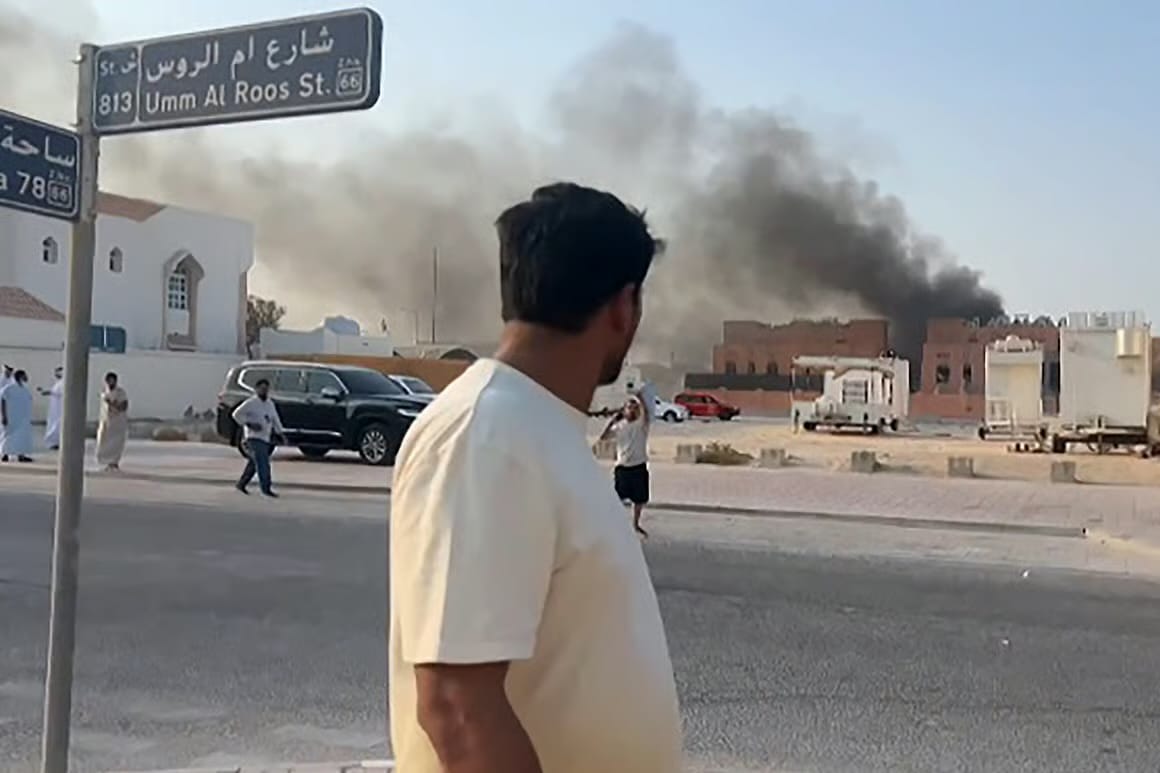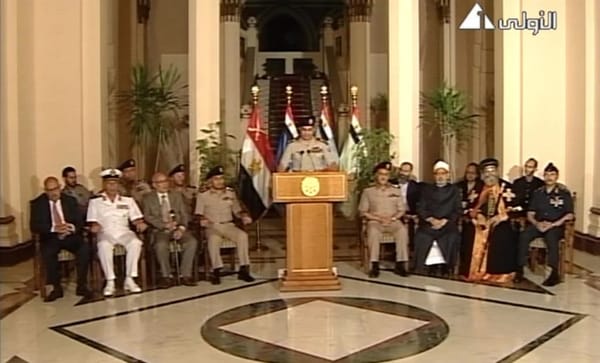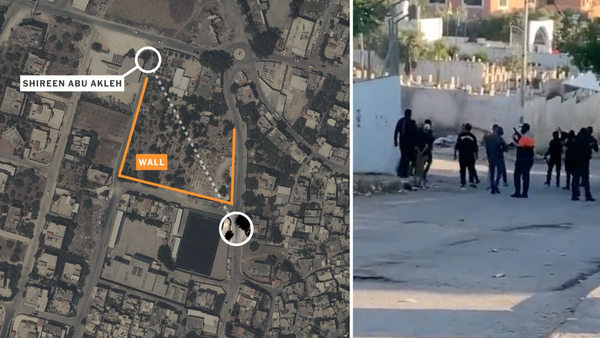Assassination With No Limits

Early in my academic career I spent a lot of time in Jordan. I still remember the shock across the country and King Hussein’s palpable rage when Prime Minister Benjamin Netanyahu authorized an assassination attempt on Hamas leader Khaled Meshaal in Amman. This was only a few years after Hussein had signed an unpopular peace agreement with Israel, one which he had reasonably expected would provide his country some security against such covert operations. In the end, Israel was forced by Hussein’s fury and American pressure to provide the antidote to the poison used in Meshaal. (Paul Mcgeouh’s riveting Kill Khalid tells this story well). The peace treaty survived, as did Meshaal, but that thirty year old incident offers some perspective on Israel’s similarly shocking failed assassination attempt on the Hamas negotiating team in the center of Doha, Qatar.
Israel’s decision to strike in Doha therefore represents a very significant escalation in its ongoing campaign of bombing anywhere and anytime with utter impunity and its longstanding tactic of assassinations (see Ronen Bergman's classic Rise and Kill First on the long history of those assassinations, Aviva Guttmann's fascinating new book on European cooperation with Israeli assassinations of Palestinians after Munich, and Yaakov Katz and Amir Bohbot's in other ways problematic new book While Israel Slept for the IDF perspective on its assassinations of various Hamas leaders). Israel has of course been steadily pushing the boundaries of such assassinations and airstrikes. Bombing Hezbollah and killing Hassan Nasrallah was widely celebrated (often in remarkably poor taste) but broadly in line with Israel's long practice of bombing Lebanon with maximal human cost and physcial destruction. The shocking twelve day bombing campaign against Iran could be seen as part of a reciprocal tit for tat ongoing military campaign. Killing Yemen’s Prime Minister was shocking, but the Houthis have been lobbing a lot of missiles at Israel. The relentless bombing of Syria has been profoundly unconstructive and at odds with the preference of the United States and most of the world to see a successful post-Asad transition; no real defenses of those attacks are possible, other than a claim that Syria isn't yet effectively a sovereign state.
But Doha still represents a major escalation amidst all of this. Qatar is a major non-NATO ally of the United State and the host of the most important American airbase in the region. It was at the time of the bombing the host of American-sponsored ceasefire talks; the Hamas team was there to discuss an American proposal. Qatar was recently targeted by Iranian missile strikes as part of its limited retaliation over the Israeli bombing campaign. The attack targeted a residential area close to schools, parks, and everything you'd expect in an elite neighborhood of a wealthy and safe Gulf state. Israel may not see Qatar as an ally – don't forget the ongoing scandal surrounding the revelation of Netanyahu's confidantes taking Qatari cash to lobby on its behalf, or the badly misplaced but real anger at Qatar for sending cash to Gaza for years prior to October 7 (with the approval of the United States and Israel) – but the United States absolutely does.
It's also part of the Gulf Cooperation Council, whose members Israel has been pursuing as partners against Iran and for normalization without progress on Palestine for years now and whose alliance with the United States is fundamentally based on a guarantee of regime security. It isn't just Qatar which was shocked by this attack. The UAE, which has gone all in on the Abraham Accords (and where Israel assassinated Hamas leader Mahmoud al-Mahbouh fifteen years ago, a scandal at the time), has to wonder whether the Abraham Accords really protect them. So does Bahrain. Saudi Arabia has to be wondering even more whether it should close a deal with an Israel that would do such a thing. That Trump rushed to personally guarantee that there would not be another such strike on Qatari soil (can he promise that?) and promised to move forward on a Defense Cooperation Agreement suggests that Gulf feathers were more than a little ruffled – and likely won't be settled down so easily.
There's a lot of questions about the American role in the Israeli attack. Laura Rozen and others are reporting that the Trump White House was "blindsided" and furious. Trump seems genuinely angry, though we haven't heard as much from other members of his national security team – one wonders if we will soon learn of another Signal group chat in which those officials decided to give Israel a private green light, and whether this would be treated as the scandal that would be. Qatar has angrily denied that it received advance warning, claiming that it only heard from the White House while the bombs were falling and explosions were rocking the capital. But the sequence of events is all too reminiscent of Israel's bombing of Iran, which similarly took place on the eve of scheduled nuclear talks convened by Washington. It's hard to imagine anyone in the Middle East being willing to take part in US-brokered talks anytime soon, since that now seems like an invitation to a surprise bombing.
The failed Israeli attack likely marks the end of ceasefire talks with Hamas and clears the path towards Israel's avowed plans to occupy and ethnically cleanse all of Gaza. The UAE has declared that a redline for normalization. The Trump administration doesn't seem to know what it wants, but seems unlikely to do much to stand in the way of even the worst war crimes. It's all another step towards Israel's campaign of eviscerating all forms of international law and accountability on its path towards occupying Gaza and attempting to reorder the Middle East by force. That's bad in every way – but nothing seems ready to stop it.



